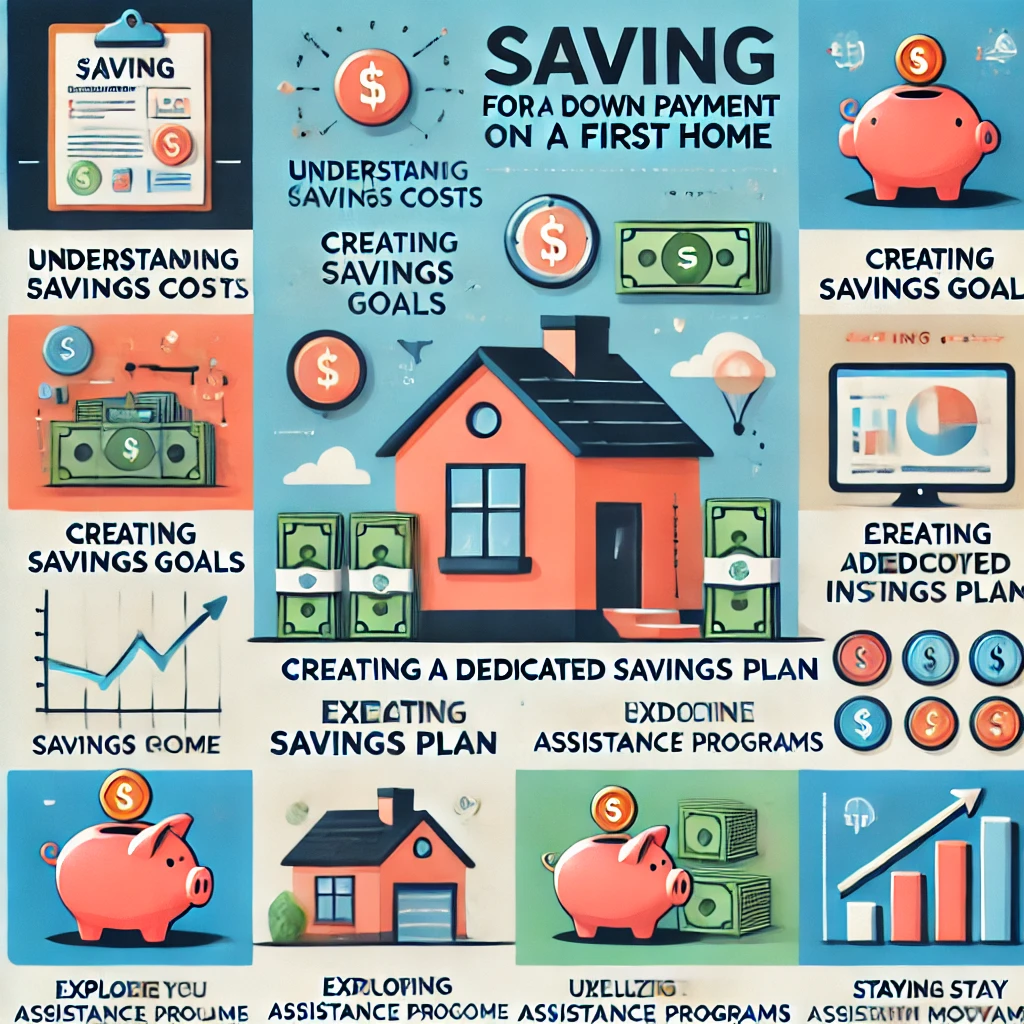Create a Budget that actually works for you is an important step towards financial stability and meeting your long-term financial goals. While budgeting may appear difficult at first, it can be made easier with the appropriate technique. Here are ten simple recommendations to help you develop a budget that works for you and makes managing your finances less stressful.
Understand Your Income and Expenses
Before you can design an effective budget, you must first assess your current financial status. Begin by noting all of your revenue sources, including your salary, bonuses, and any other money. Next, record all of your spending, both fixed (such as rent or mortgage payments) and variable (such as groceries and entertainment). This will provide you with a complete picture of your money’s origins and destinations.
Differentiate Between Needs and Wants
Identifying needs and wants is an important stage in budgeting. Housing, utilities, groceries, and healthcare are examples of necessities, but non-essential items such as dining out, entertainment, and luxury purchases are considered wants. Prioritise your spending on requirements first, and then allocate dollars for wants.
Track Your Spending Regularly
To ensure that your budget is effective, keep track of your spending on a regular basis. Keep track of your costs with budgeting tools, spreadsheets, or even a basic notebook. Monitoring your spending allows you to identify areas where you may be overspending and make necessary budget adjustments.
Adjust Your Budget As Needed
A budget should be flexible enough to handle changes in your financial circumstances. A career change, the birth of a child, or relocating to a new city can all have a substantial financial impact. Regularly examine and alter your budget to ensure it works for you in any situation.
Avoid Overcomplicating Your Budget
While it is vital to be thorough, complicating your budget can lead to dissatisfaction and stress. Keep your budget clear and easy by focussing on the most important areas rather than getting bogged down in small details. The simpler your budget is to follow, the more likely you are to stick to it.
Set Realistic Financial Goals
Setting objectives is essential for remaining motivated while sticking to your budget. Determine your financial goals, such as saving for a vacation, paying off debt, or developing an emergency fund. Ensure that these goals are specific, measurable, achievable, relevant, and time-bound (SMART). Clear goals will allow you to allocate your resources more effectively.
Choose a Budgeting Method That Suits You
There are several budgeting systems to choose from, so pick one that best fits your financial habits and goals. Popular approaches include the 50/30/20 rule (where 50% of income goes to needs, 30% to wants, and 20% to savings and debt repayment), the envelope system (where cash is allocated to distinct spending categories), and zero-based budgeting (where every dollar has a purpose). Experiment with many approaches until you find the one that best suits you.
Plan for Irregular Expenses
Irregular expenses, such as car maintenance or medical bills, can easily wreck your budget if not planned for. To avoid this, set away a portion of your monthly salary into a separate savings account designated for these unforeseen expenses. This way, you’ll be prepared when they emerge.
Include Savings as a Non-Negotiable Expense
Savings should be considered as a priority, not as an afterthought. Savings should be budgeted as a fixed expense, just like rent or utilities. Whether you’re saving for retirement, an emergency fund, or a large purchase, setting aside money on a regular basis will help you get there faster.
Seek Accountability and Support
Having someone to help you stick to your budget might be really beneficial. Discuss your financial goals with a trusted friend, family member, or financial advisor. They may offer encouragement, counsel, and accountability, which can be quite beneficial when trying to make long-term financial improvements.
Conclusion
Creating a budget that works for you doesn’t have to be overwhelming. By understanding your finances, setting clear goals, and choosing a budgeting method that fits your lifestyle, you can take control of your money and build a secure financial future. Remember, the key is consistency and flexibility—adjust your budget as needed and keep your goals in focus to ensure long-term success.

